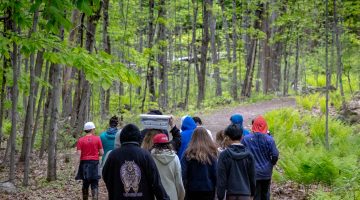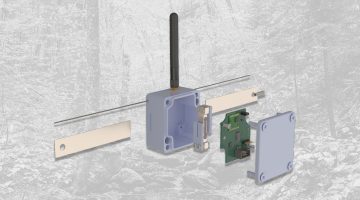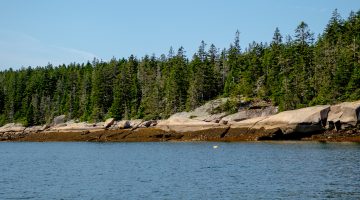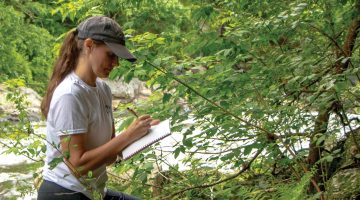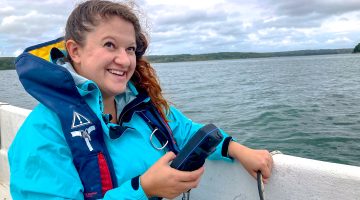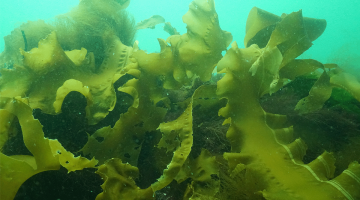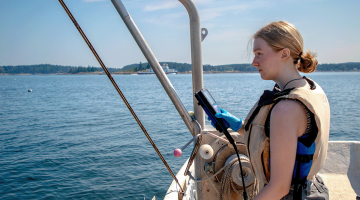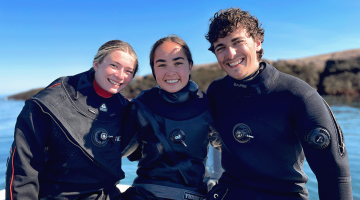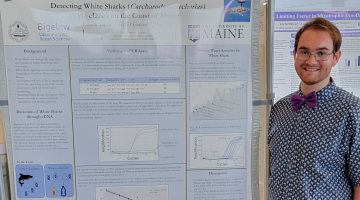Engaging Maine classrooms with environmental research
By Nathan Deveney, Media Intern This spring, approximately 300 students at Lewiston Middle School participated in field investigations of a local ecosystem. The seventh graders surveyed three vernal pools in the Thorncrag Bird Sanctuary in Lewiston, Maine documenting the presence or absence of different indicator species including caddisflies, fairy shrimp and amphibian egg masses. Vernal […]
Read more
